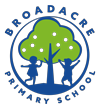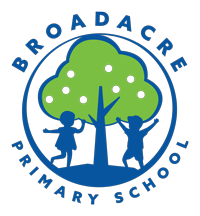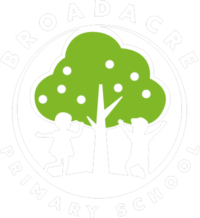Our vision
Our vision, at Broadacre, is to create mathematicians of the future. We have adopted a teaching for mastery approach, in order to ensure that all pupils become fluent mathematicians who are able to reason mathematically and use the mathematics they have learned to solve a range of problems.
At the heart of everything we do, is a belief that all children can achieve in maths. We believe in promoting sustained and deep understanding by employing a variety of mastery strategies. We place an emphasis on the cumulative mastery of essential knowledge and skills in mathematics so learning is broken down into small steps to enable pupils to develop deep conceptual understanding.
Our approach aims to provide all children with full access to the curriculum, enabling them to develop independence, confidence and competence – ‘mastery’ – in mathematics in order to be independent mathematicians who are well equipped to apply their learning to the wider world.
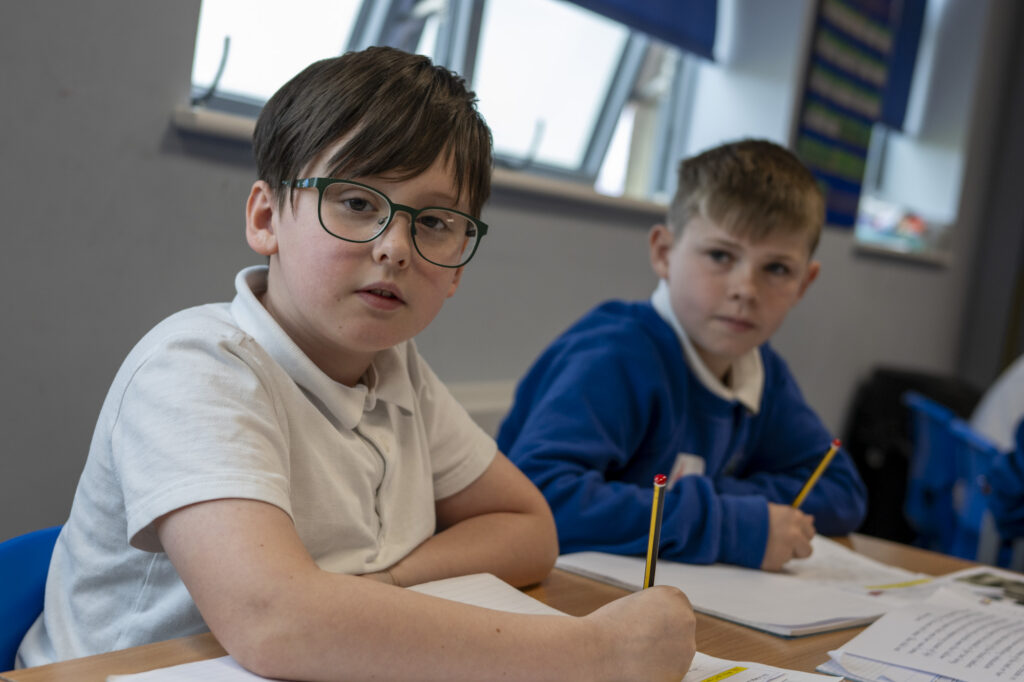
Key features of our Maths Mastery curriculum:
• High expectations for every child
• Fewer topics, greater depth
• Number sense and place value come first
• Research -based curriculum
• Objects and pictures always before numbers and letters
• Problem solving is central
• Calculate with confidence– understanding why it works
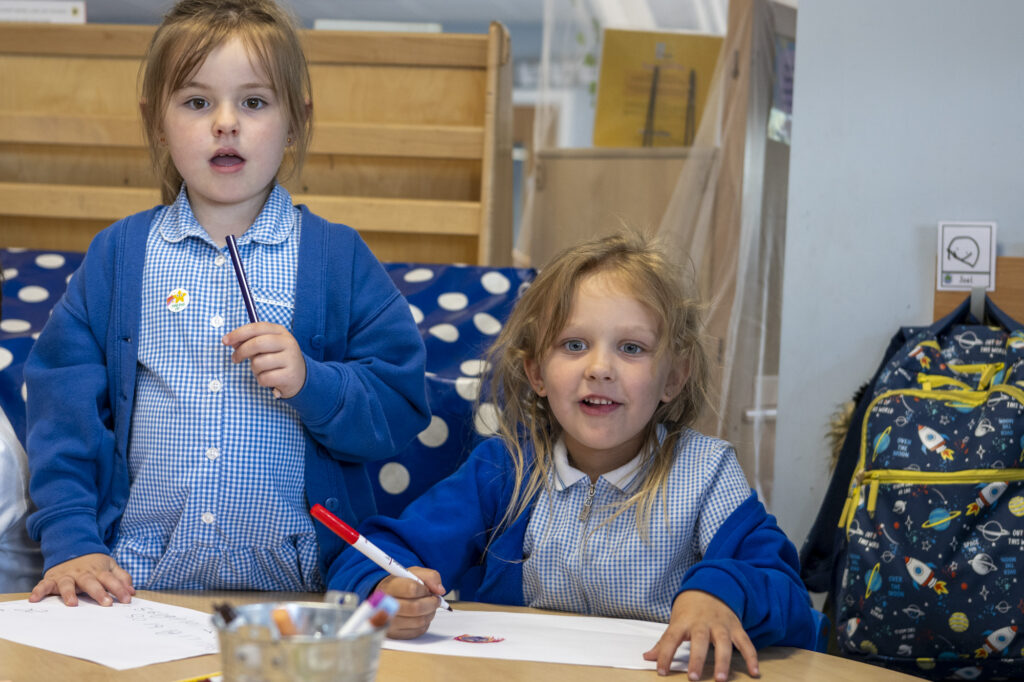
As Mathematicians, children at Broadacre will:
• learn to be fluent mathematicians through varied and frequent practice with increasingly complex problems
• learn to reason mathematically and follow lines of enquiry – explaining their reasoning clearly.
• Be prepared to solve a range of mathematical problems demonstrating resilience and perseverance in seeking solutions.
How you can help at home
There are lots of ways to help to build your child’s confidence in maths. There are many fun games and activities you can do with your child that practise maths skills. Most children love playing games and it is an easy way to support their learning.
Tips for helping your child to enjoy maths:
• Point out the different shapes to be found around your home.
• Take your child shopping and talk about the quantities of anything you buy.
• Let your child handle money and work out how much things cost.
• Ask younger children to count all the coins in your purse or wallet.
• Look together for numbers on street signs and car registration plates.
• Look at house numbers and talk about odd and even.
• Ask older children to work out the best special offer.
• Look at clocks and tell the time. Talk about timings for cooking.
• Learn how to recall times tables quickly.
• Practise number recognition, numbers bonds to 10, 20 and 100
• Practise times tables including their related division facts e.g. 2 x 3 = 6 and 6 ÷ 2 = 3
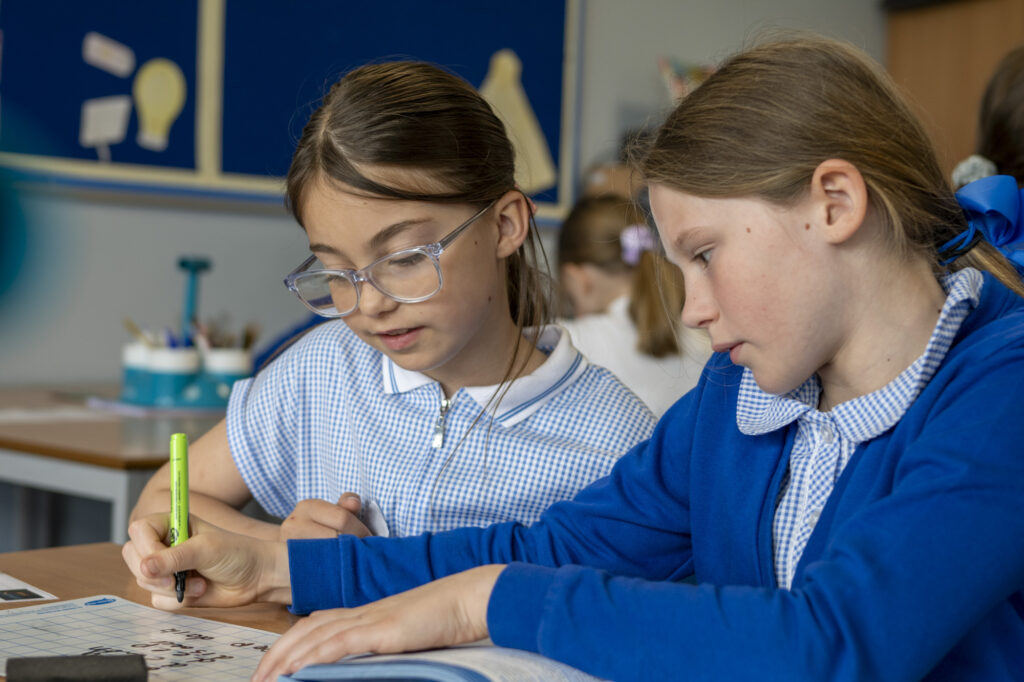
Useful websites
Using online resources is a good way to get your child to practise their maths skills at home. The following websites have fun games and activities to support them in their learning. Why not try these?
How to learn your times tables:
KS1 bitesize:
www.bbc.co.uk/bitesize/ks1/maths/
KS2 bitesize:
www.bbc.co.uk/bitesize/ks2/maths/
